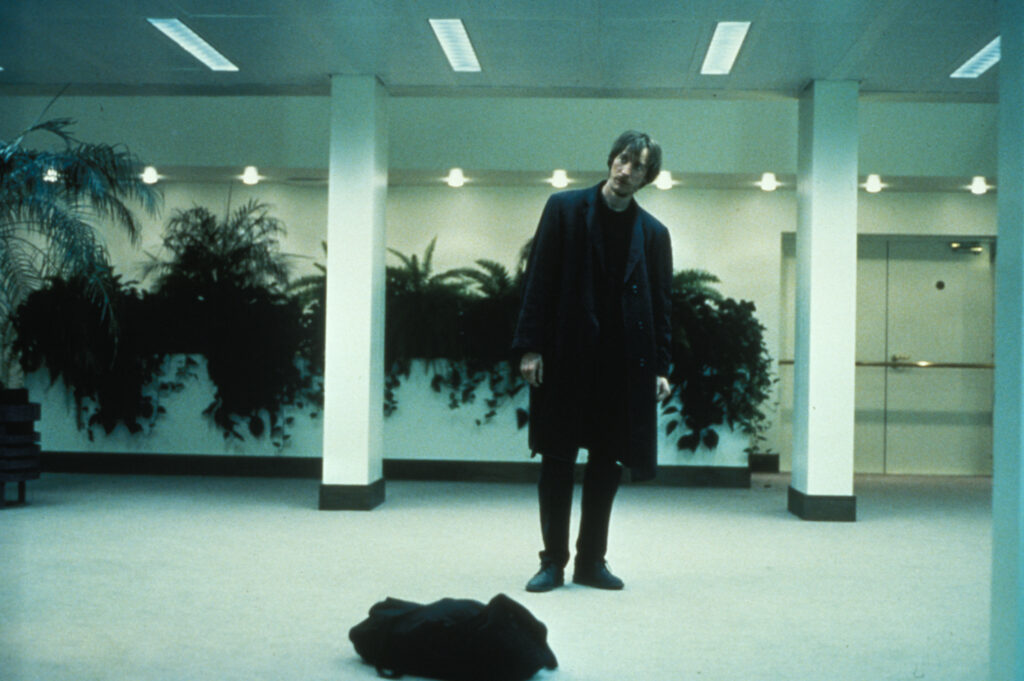The Review’s Review: Telegraphic, Incandescent
Years ago, I went to go and watch the Mike Leigh movie Another Year at a cinema in Bristol. It is a typical Mike Leigh film in that it is just about matchless in its emotional acuity, punctuated by shots where the camera lingers for about ten seconds more than is tolerable on the face of a character who has either had a shit life or is going to go on to have a shit life; it’s funny; it has an overall aesthetic atmosphere that makes you think of allotments even when an allotment never appears on screen; and it’s hellbent on presenting the most unglamorous vision of London that could possibly exist.
Having arrived at the scene where the desperately unhappy woman makes a drunken pass at her friends’ son, I clapped my hand over my mouth. I was seated at the end of a row of women—my mum, one of her oldest friends and her two daughters, and two of her daughter’s friends—and I remember turning to see that all seven of us had done the same thing. Just sitting there in the cinema with our hands over our mouths and our eyes as big as they could go, wondering why we had allowed Mike Leigh to do this to us, again.
I had this experience in mind two weeks ago when I went to go and see Naked, Leigh’s recently reissued 1993 film. I knew that it would be brilliant, and that it would cause me to wish I could unzip my own skin and crawl out of it at least once, and that it would complicate my already complicated feelings about English people, because I have this response to many of his films, but of course I was not fully prepared. It’s the best film I’ve seen this year, easily, and feels both entirely fresh and like an artifact of another era altogether. —Rosa Lyster (author of “On the Alert for Omens: Rereading Charles Portis,” out this week on the Daily)
Copyright
© The Paris Review

